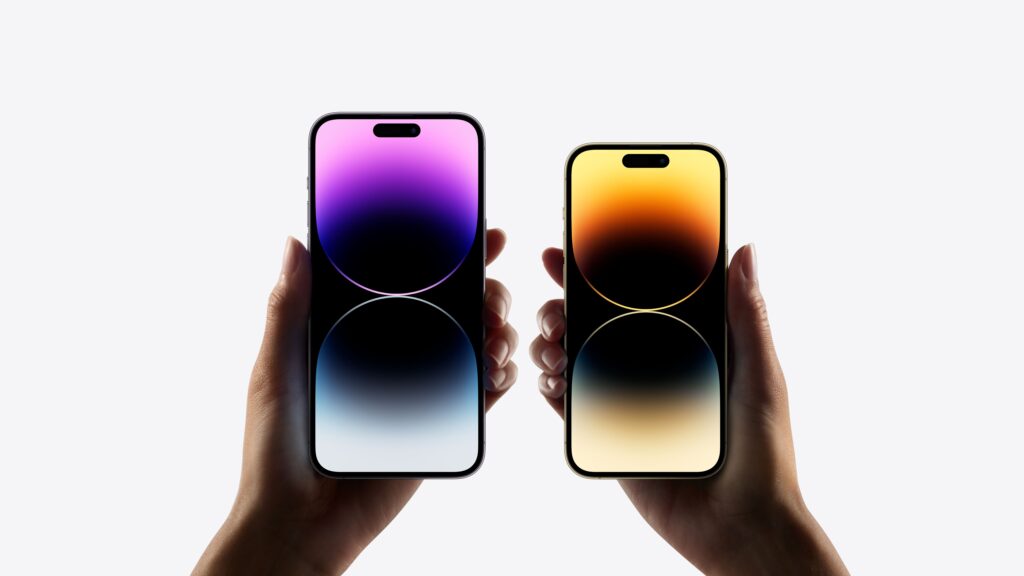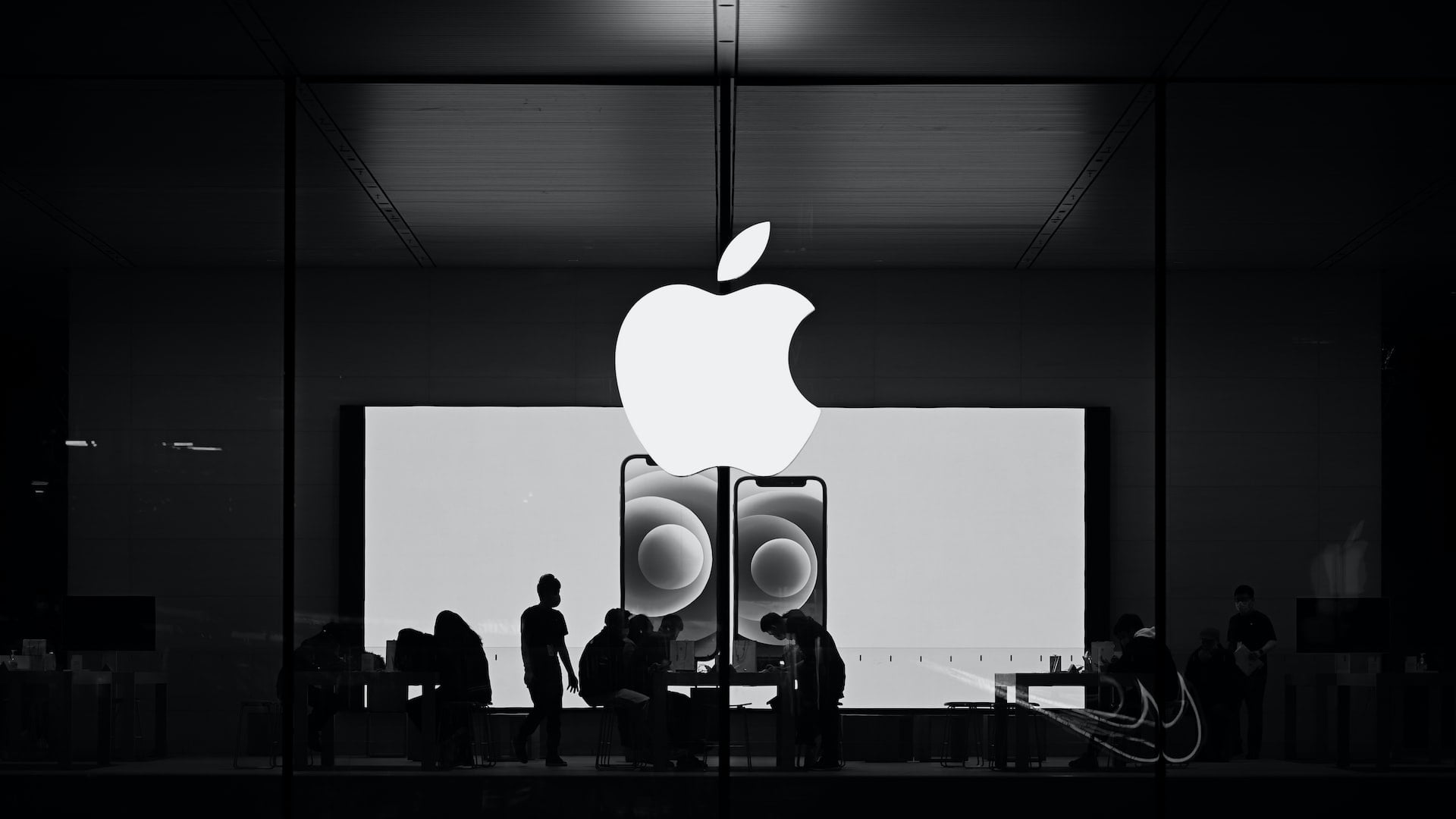The A16 Bionic chip in the iPhone 14 Pro has a similar architecture to the A15 in the iPhone 13 Pro, but it was merely Apple’s backup plan. The company sought to integrate a ray-tracing-capable next-generation GPU, but the silicon team ran upon critical design flaws late in the development process. It apparently had to abandon its plans and choose the A16 that we received.
According to reports, Apple’s silicon engineers were “over ambitious with adding new capabilities,” which is why the plans went awry. Ray tracing, the method used to simulate real-world light behaviour in video games, would have been supported by the 2022 silicon. Software simulations had shown it to be possible, therefore the business started prototyping. However, the developers were not prepared for the amount of power that the test hardware used, which would have reduced battery life and heated the device.

Apple had to abandon its plans for this generation because it discovered the errors too late in the development process, choosing instead to use the A16, which went on sale this fall. (In its September address, Apple simply briefly highlighted that the GPU had 50% more memory bandwidth rather than extolling the new chip’s enormous improvements.) The mishap, according to the report’s sources, was “unique in the group’s history.” Within the Apple Silicon team, there are significant conflicts. It describes the efficient yet extremely demanding management style exercised by Johny Srouji, senior vice president of Hardware Technologies. The group has suffered with the limitations of Moore’s law and a talent exodus to startups and other chip makers, despite the fact that he runs it “like a well-oiled machine.” According to reports, Nuvia, which was created by former Apple chip designer and popular boss of the company’s silicon engineers Gerard Williams III, gained the most talent from it. (In 2021, Qualcomm acquired Nuvia.) Mike Filippo, the designer who took over for Williams, then “clashed with engineers” before departing to join Microsoft. He hasn’t been replaced by Apple yet. The business reportedly attempted to stem the departure of talent by stressing the dangers of working with engineers in presentations that were shown to them.



